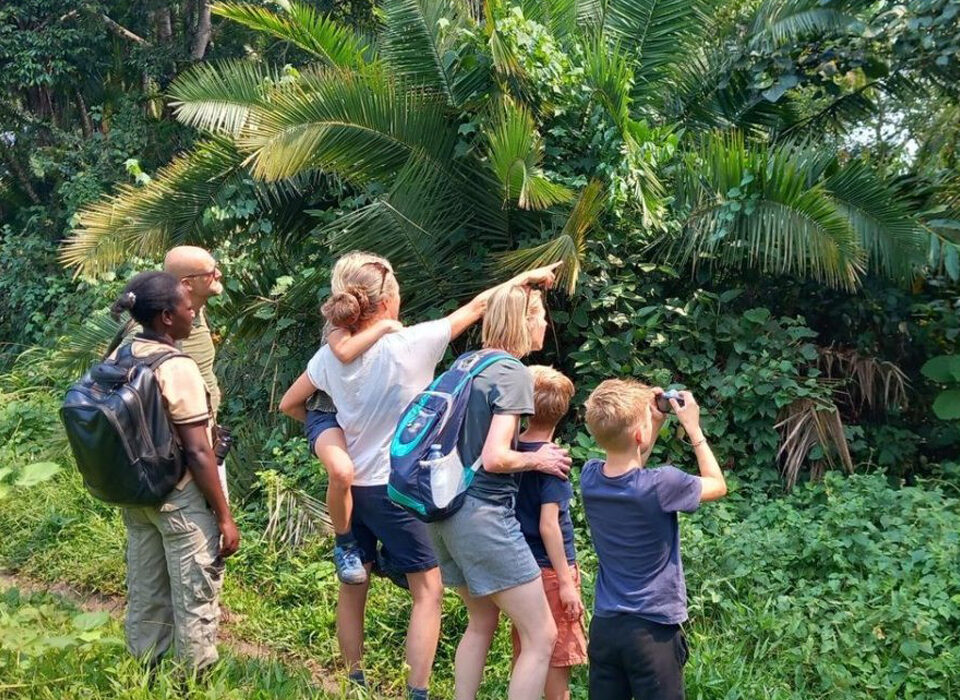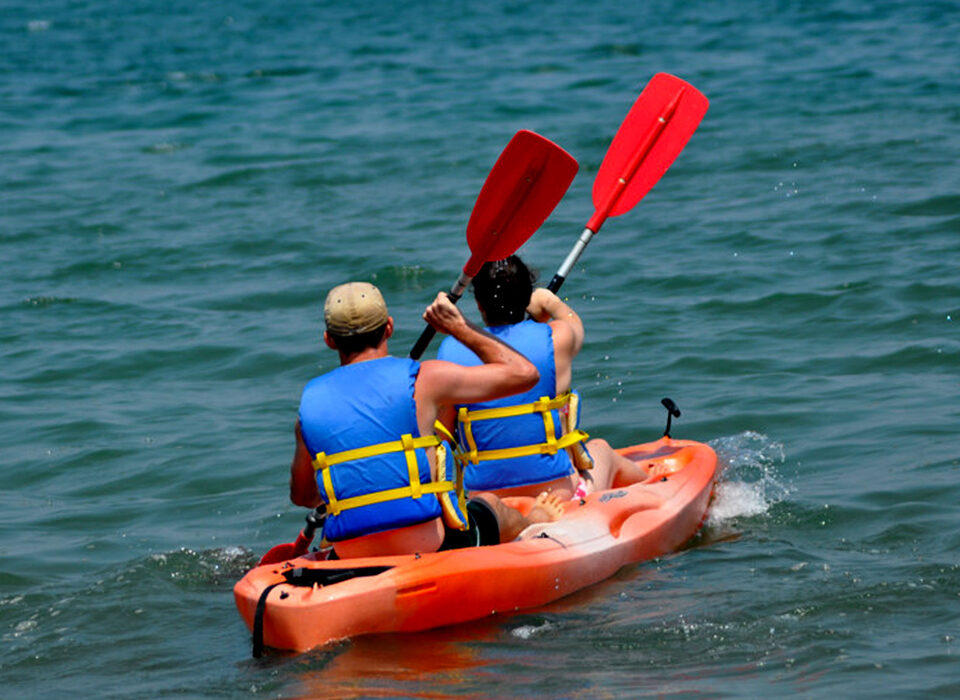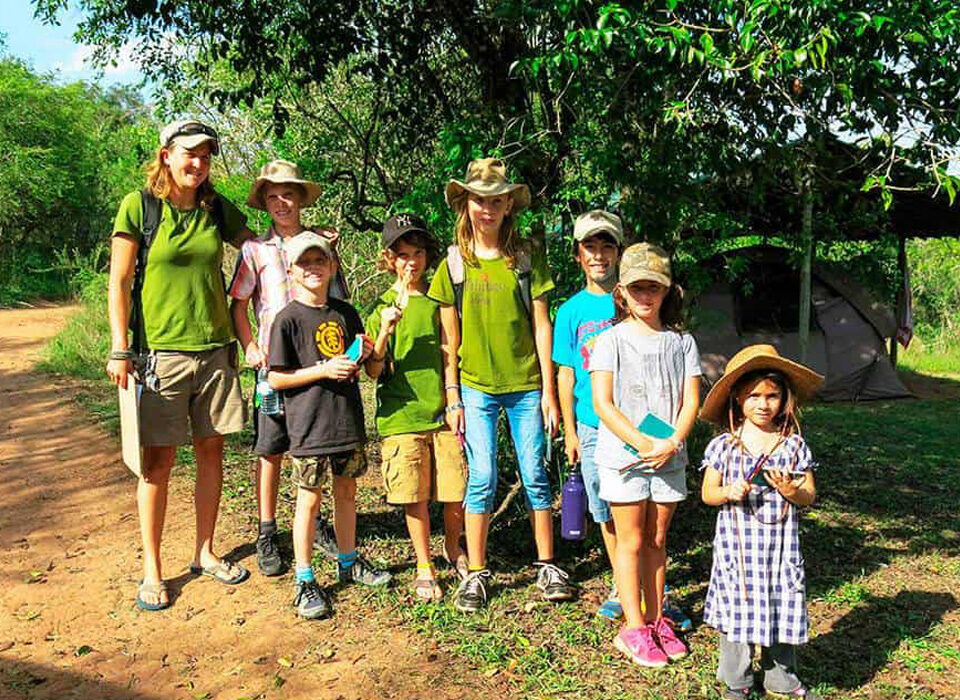
Fascinating Facts About the Nile Crocodile
September 6, 2025
Difference Between a One-Hour and Four-Hour Gorilla Trekking Experience in Uganda
September 6, 202510 Considerations for Families Going on Safari
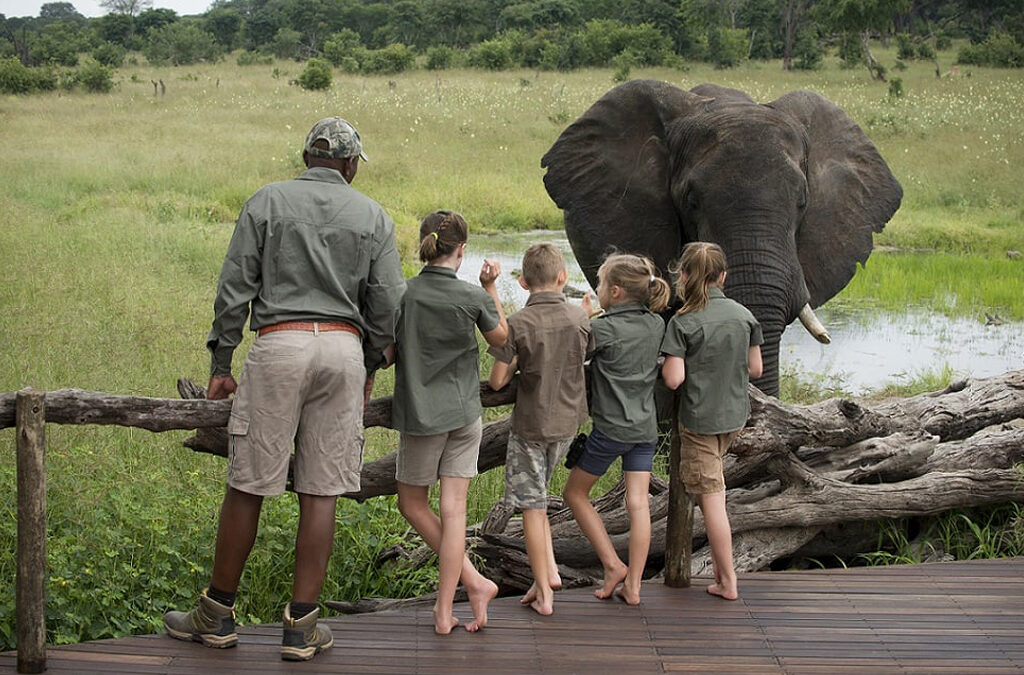
Taking your family on an African safari is an unforgettable adventure that can create lasting memories. However, a safari with children requires careful planning to ensure safety, enjoyment, and a smooth journey. Here are 10 key considerations to keep in mind when planning a family safari.
1. Choose Family-Friendly Safari Lodges
Not all safari lodges cater to families, so select those that specifically welcome children. Look for lodges offering family suites, child-friendly activities, and safaris designed for younger travelers. Many lodges provide educational programs where children can learn about wildlife, conservation, and the environment while having fun.
2. Consider the Age of Your Children
Your children’s ages will significantly influence the type of safari experience they can enjoy. Some lodges set age restrictions for certain activities, such as game drives or walking safaris, often requiring children to be at least six or twelve years old. For younger kids, focus on shorter excursions or visits to wildlife sanctuaries where safety is prioritized.
3. Pack Appropriately for the Climate
African safaris take you through diverse climates, from hot savannas to cooler highlands. Pack lightweight, breathable clothing for the daytime and warmer layers for early morning or evening game drives. Don’t forget hats, sunscreen, and insect repellent, especially in mosquito-prone areas. Ensure children have comfortable shoes, hats, and any necessary medications.
4. Prioritize Safety and Health Precautions
Before embarking on your safari, ensure all family members are up to date with vaccinations and any required medications. Malaria is a concern in certain destinations, so consult your doctor for preventive advice. Bring a first-aid kit and have all necessary prescriptions on hand for the entire family.
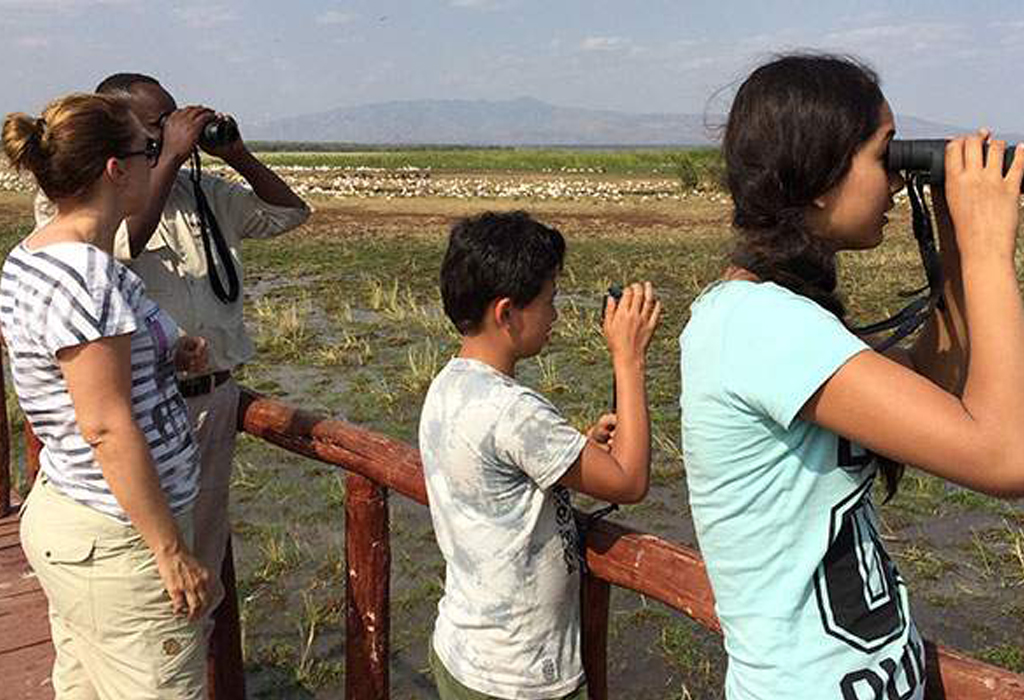
5. Opt for Shorter Safari Sessions for Young Children
While adults may enjoy long game drives, young children can tire or become restless after a few hours. Choose safari experiences that allow shorter drives and include breaks for snacks or activities. Many lodges offer private vehicles, which provide flexibility to adjust the pace of your safari.
6. Engage Children with Wildlife Education
Introduce your children to the wonders of the African wilderness through interactive learning experiences. Many lodges offer hands-on activities, such as animal tracking, environmental lessons, or participation in wildlife conservation programs. These activities keep children engaged and help them appreciate the natural world.
7. Prepare for the Wildlife Encounter Pace
Wildlife sightings can be unpredictable. Sometimes you’ll spot animals immediately; other times, it may take a while. Teach your children that patience is part of the safari experience and help them enjoy the excitement of being in the wild, even when animals are not immediately visible.
8. Teach Respect for Wildlife and Nature
Encourage your children to respect wildlife and the environment during the safari. Keep noise levels low, avoid disturbing animals, and follow the guide’s instructions. These practices ensure safety and help minimize your family’s impact on the ecosystem.
9. Plan for Long Travel Times
Reaching safari destinations can involve long flights, layovers, and drives. Prepare your family by packing snacks, entertainment (books, games, or tablets), and other essentials to make the journey comfortable. If traveling by road, schedule rest stops to help children recharge.
10. Manage Expectations and Stay Flexible
Safari adventures are unpredictable, so maintain flexibility and manage your family’s expectations. Wildlife sightings are never guaranteed, and weather or other factors may cause delays. By keeping a relaxed attitude and focusing on the adventure, your family can fully enjoy the experience. Experienced travel organizers, like Experiya Tour Company, can help plan a smooth and memorable family safari.

